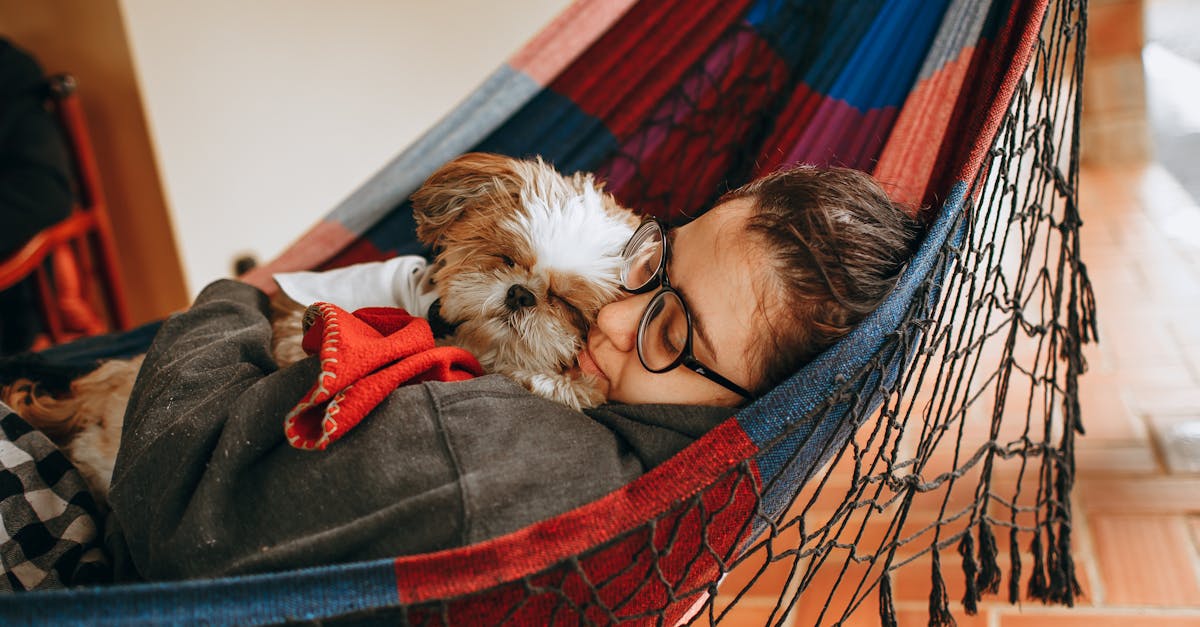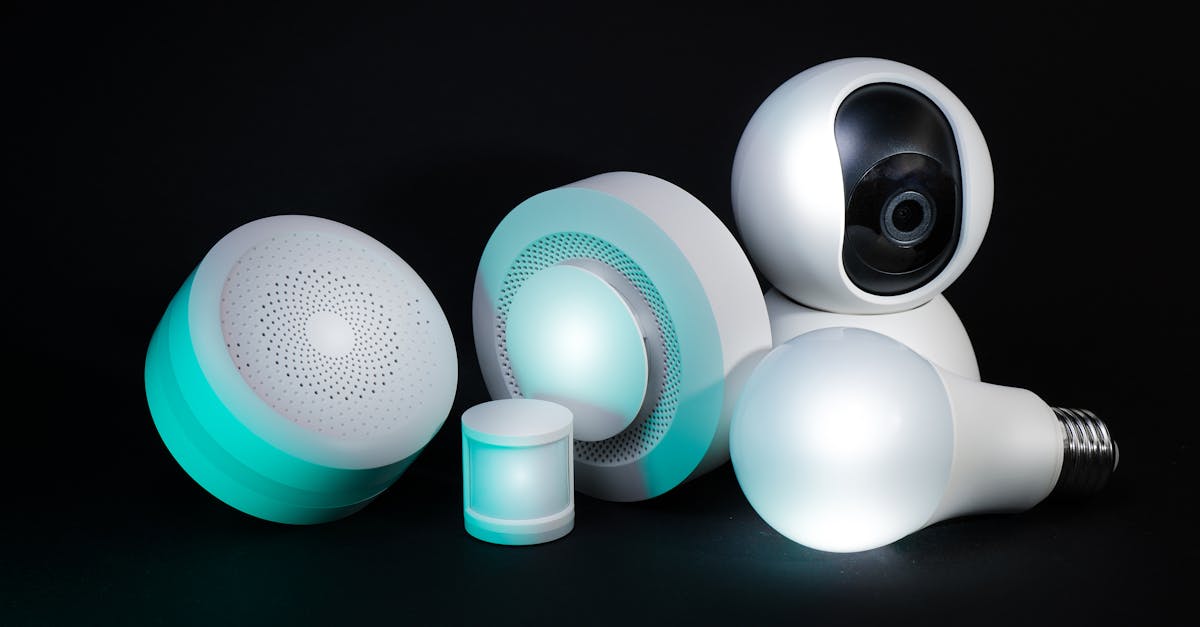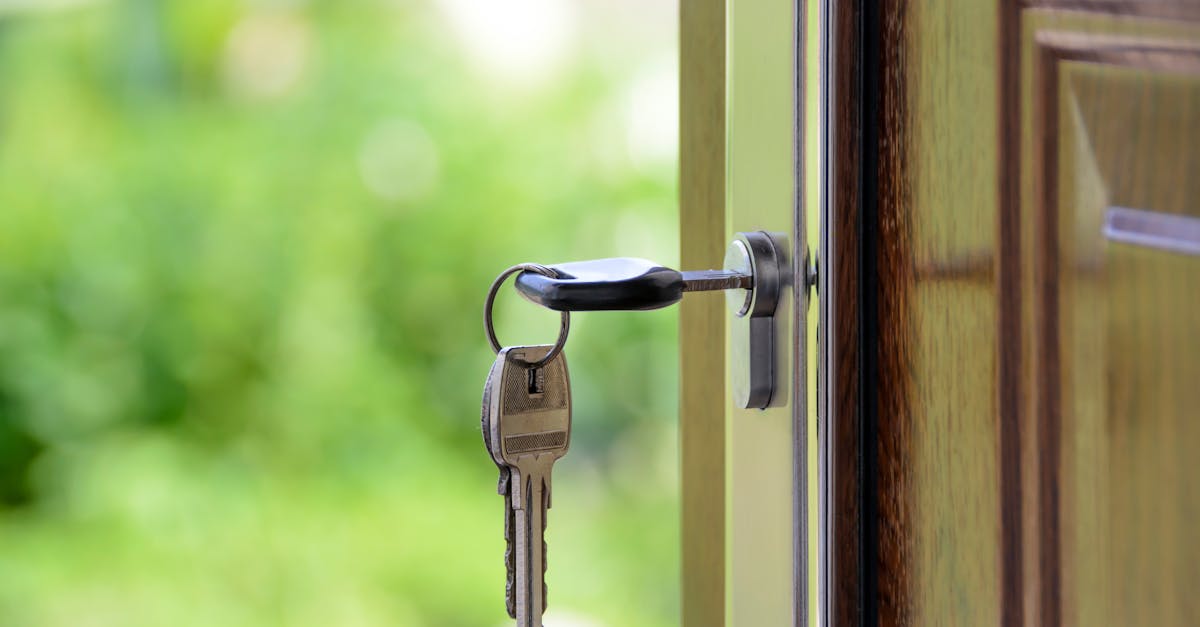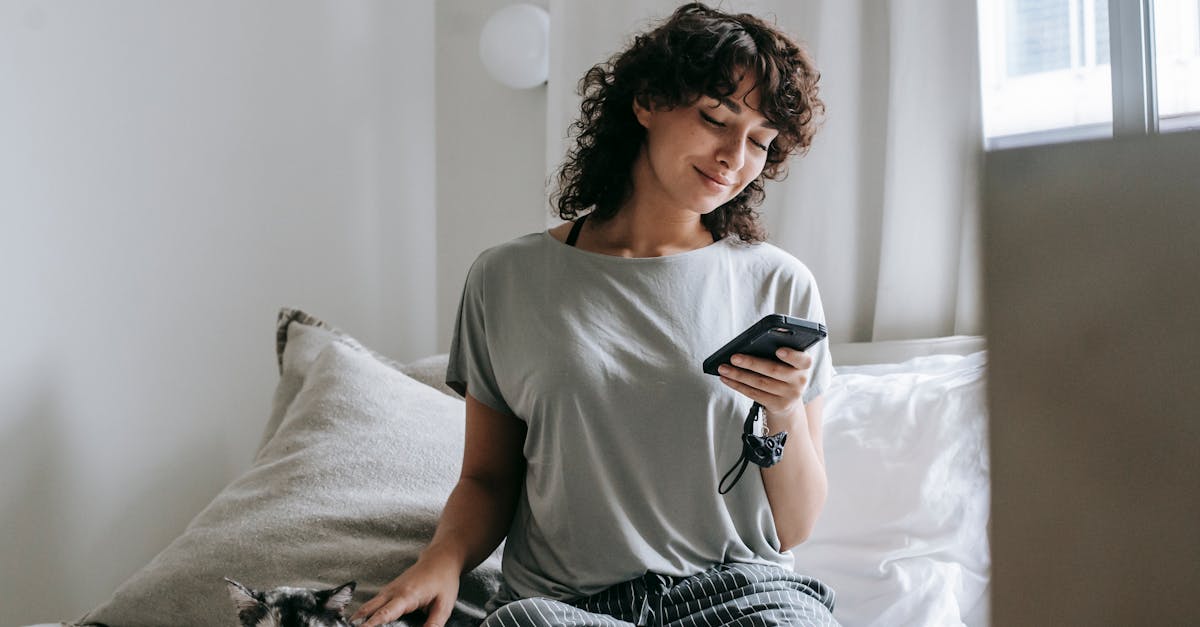The Joy of Feeling Safe
Hey there! If you’re like me, you probably find comfort in knowing that your home and belongings are safe and secure. Personally, one time, I couldn’t help but notice how much peace of mind a reliable locking mechanism brings. 🏡 To put it simply, safety is paramount, and I was struck by how transformative it is when you feel truly secure.
I’d never have guessed how interestingly enough, something as seemingly mundane as a door lock could affect our day-to-day lives so profoundly. We often take these small things for granted, yet they play an essential role in our overall happiness and stress levels. Looking back, I realize how much my pet’s safety and my own depend on these mechanisms.
Understanding the Importance of Secure Locks
Picture this: You’ve gone on a lovely vacation, basking in the sun, enjoying yourself, but a nagging thought keeps lingering in your mind—“Is my home safe?” Safeguarding our houses, loved ones, and pets from intrusion is a challenge we all face. Here’s why it matters:
- Protection for Your Family and Pets: Ensuring your family and pets are safe is a no-brainer. Intruders can be deterred with high-quality locks.
- Peace of Mind: Knowing that your home is secured enhances your well-being and reduces stress.
- Preventing Theft: Secured premises are less likely to be targeted by burglars.
- Guarding Personal Information: A secure home protects sensitive information and valuables.
It’s interesting that, according to a report by the Office for National Statistics, in the UK in 2019 alone there were approximately 402,000 household burglaries. This figure emphasizes just how crucial it is to invest in effective security mechanisms.
The Evolution of Locking Mechanisms: From Simple to Sophisticated
When you consider the history of locks, it’s fascinating to see how far we’ve come. Here’s a story: In ancient Egypt, around 4000 BC, one of the earliest known locks was created using simple wooden pins and a key. Compare that to today’s smart locks and you’d be surprised at how much technology has advanced.
Types of Locks:
- Deadbolts: These are sturdy and reliable, often used as a secondary locking system.
- Chain Locks: Commonly found on apartment doors for an added layer of security.
- Smart Locks: Connected locks that integrate with your smartphone or home automation systems.
- Padlocks: Portable locks used for everything from lockers to gates.
- Electronic Locks: Often found in hotels and secure buildings, operated with keycards or codes.
How Locks Have Improved:
- Durability: Modern locks are made of stronger materials.
- Technology Integration: Many locks now integrate with digital devices.
- Ease of Use: Keyless entry systems simplify access.
- Advanced Security Features: Biometric locks using fingerprints.
One time, it’s interesting how I personally found that upgrading to smart locks made life so much easier. No more fumbling for keys—a simple tap on my phone and the door opens. If you’ve ever wondered why upgrading your lock system is beneficial, the reasons become clear!
My Experience with Locking Mechanisms: Insights and Stories
From my point of view, having a secure locking system isn’t just about keeping intruders out. It’s also about efficiency and ease of access, especially when dealing with pets. I can’t forget the time when my curious cat managed to open a regular door latch, leading to a wild chase around the neighbourhood. Ever since then, I’ve learned that pet-proof locks are a must!
Pet-Proof Locks
- Child Safety Locks: Work well for keeping curious paws from getting into places they shouldn’t.
- Smart Locks: Can alert you if a door is left open, adding an extra layer of security.
- Specialty Pet Locks: Designed to be pet-proof while allowing easy access for humans.
Exploring the Benefits of Modern Secure Locks
It’s common knowledge that a secure lock is essential, but what’s worth mentioning are the specific advantages they offer:
- Convenience: No need to carry keys; smart locks offer keyless entry.
- Enhanced Security: Advanced encryption in digital locks means less risk of hacking.
- Remote Monitoring: Many smart locks offer the ability to monitor and control access remotely.
- Access Control: You can give temporary access to guests or service providers without compromising security.
If you’re like me and value a hassle-free lifestyle, you’ll appreciate how modern locks simplify day-to-day living.
Challenges and Solutions in Home Security
It’s worth mentioning that despite advances in technology, no system is without its challenges. Here are some issues and potential solutions:
Vulnerabilities:
- Lock Picking: Traditional locks can still be picked.
- Hacking: Digital locks face cybersecurity threats.
- Physical Damage: Forceful entry can damage any lock.
Solutions:
- High-Security Locks: Anti-pick and drill-resistant designs.
- Regular Updates: Keep smart lock software up to date.
- Surveillance Systems: Complement locks with cameras and alarms.
How to Choose the Right Lock
When it comes to choosing the right lock, ever wonder why some are more secure than others? Here’s a handy guide:
Factors to Consider:
- Type of Lock: Deadbolt, electronic, smart lock.
- Material: Hardened steel, brass, or advanced composites.
- Ease of Installation: DIY vs. professional installation.
- Budget: Balancing cost with features.
- Compatibility: Ensuring the lock fits your door.
Steps to Take:
- Assess Your Security Needs: Understand what you need to protect.
- Research Options: Look for reviews and expert opinions.
- Compare Features: Match features to your requirements.
- Consult a Professional: Sometimes expert advice helps in making the best decision.
In my own life, I’ve found taking these steps ensures I pick the right lock for my needs.
The Future of Locking Mechanisms
Looking forward, it’s interesting that the future holds even more innovative solutions in store. Technologies such as biometric verification, AI-powered security, and blockchain for secure access are on the horizon.
Emerging Trends:
- Biometric Locks: Using fingerprints and facial recognition.
- AI Integration: Smart locks learning patterns for enhanced security.
- Blockchain: Secure, tamper-proof access logs.
Benefits:
- Higher Security: Reduced risk of unauthorised access.
- User Convenience: Seamless and intuitive user experiences.
- Integrated Ecosystems: Comprehensive smart home security systems.
If you’ve ever wondered why investing in future-proof security is wise, it’s to stay ahead of security threats and ensure long-term safety.
Final Thoughts: Secure Your Peace of Mind
Looking back at my experiences, I can say with confidence that investing in secure locking mechanisms is invaluable. Not only do they protect your home and loved ones, but they also provide a priceless sense of comfort and well-being.
To put it simply, if you’ve ever questioned the importance of a good lock, consider the peace of mind it brings. Whether for safeguarding your pets or ensuring your personal safety, the right lock makes all the difference.
So, take that next step—evaluate your current security, explore your options, and invest in a locking mechanism that gives you the sense of security and happiness you deserve!
Stay safe and secure! 🏡🔒✨
Thank you for reading! Feel free to explore more about advanced locking mechanisms and the latest in home security here. If you have any questions or stories to share, drop them in the comments below!













